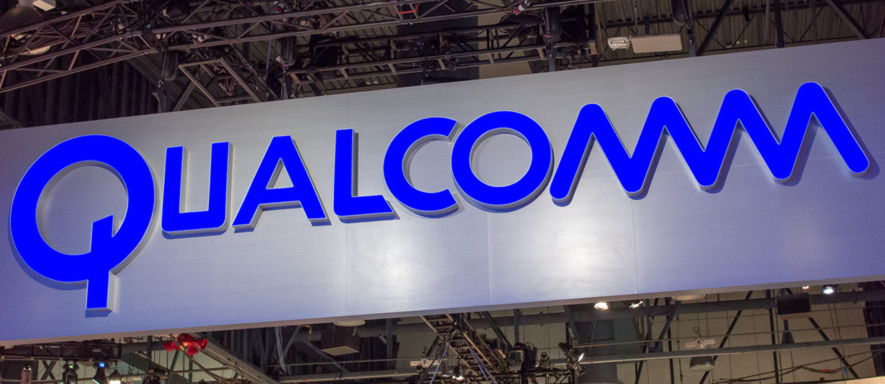Qualcomm announced that the Taiwan Fair Trade Commission (TFTC) has reached a decision in a TFTC investigation, stating in a press release that certain of the company’s business practices are in violation of Taiwanese competition law and imposing a fine of approximately $23.4 billion Taiwan dollars (approximately $773 million US dollars at current exchange rates).
The TFTC claimed that “in spite of its monopoly in the baseband chip markets of cellular standards such as CDMA, WCDMA and LTE etc., [Qualcomm] refused to license chip competitors, demanded the restrictive provisions be imposed and that no chip would be provided without a license agreement executed, and entered into clauses with specific enterprises providing for rebates in exchange for exclusive dealing etc.”
According to the FTC, investigations of the present case were initiated in mid-February, 2015. Taiwan is a major country in the production and marketing of mobile phones, with a complete supply chain involving multiple facets from the manufacture of chips, mobile phone OEM, and production and marketing of mobile phone brands.
As such, the investigations at least covered a total of 20-plus enterprises, consisting of domestic and foreign manufacturers of mobile phones (including OBMs and OEMs), chip suppliers, and communication equipment enterprises.
Qualcomm said it disagrees with the decision summarized in the TFTC’s press release and intends to seek to stay any required behavioral measures and appeal the decision to the Taiwanese courts after receiving the TFTC’s formal decision, which is expected in the next several weeks.
The fine bears no rational relationship to the amount of Qualcomm’s revenues or activities in Taiwan, and Qualcomm will appeal the amount of the fine and the method used to calculate it, the company said in a press release.







